Trump Opens Floodgates, NY and MI First to Ban Flavors
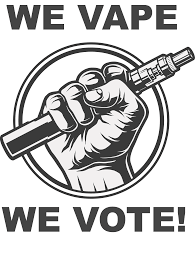
It's the kind of race you hope no one finishes, let alone wins.
This week, New York and Michigan became the first two states in the nation to finalize rules banning flavors in nicotine eliquid across their states.
In both cases, the bans came via an executive order in one form or another. Andrew Cuomo, Governor of New York, announced the plan last week, and was given the green light by the NY Public Health and Health Planning Council after a hearing on Wednesday. The council heard from many speakers, but ultimately voted to approve the Governor's ban with only a single dissenting vote. Vape shops in the state have a paltry 14 days to comply and sell all existing stock. The ban in New York is effective for 90 days.
In Michigan, the rule was written a little differently. The order came from Governor Gretchen Whitmer, but had to be officially written by the Department of Health. The governor doesn't have the authority to make such bans a law via direct executive order, but the MDH has the ability to write new rules that are enforced as law for a period of 6 months and can be renewed one time after that.
In both cases, the rules will need to be challenged in court or overturned by the legislature. Contact from voters is beginning to have a large impact, as talk of the effect a ban would have in the 2020 election begin to permeate the conversation.
The Floodgates Have Opened
With the President's announcement last week that the FDA is looking to finalize guidance banning flavors, it seems the prohibition fire has been lit and states have essentially been given permission to pursue their own actions against vaping.
Two representatives from New York announced a bipartisan act that would, as stated:
- Ban flavored e-cigarettes and other flavored tobacco products
- Increase the federal tax on cigarettes from $1 per pack to $3 per pack
- Create a tax on e-cigarette products equivalent to $3 per pack
- Increase annual funding for the Centers for Disease Control and Prevention (CDC)’s Office on Smoking and Health from $210 million to $500 million
Rep. Tom Suozzi, a Democrat from N.Y. and Rep. Pete King, a Republican from the same state, are behind the “Quell Underage Inhaling of Toxic Substances (QUITS) Act. The legislation is awaiting an official file number at this time. It was the first federal proposal to ban flavors since the president's announcement last week.
The US Senate now has its own bill a day later. Utah Senator Mitt Romney alongside Oregon Democrat Jeff Merkley proposed the Ending New Nicotine Dependencies or ENND act on Thursday. The legislation would ban e-cigarette flavors other than tobacco, specify e-cigarette design standards, monitor the public health risks of using tobacco products, apply existing cigarette taxes to e-cigarettes and direct the Department of Health and Human Services to educate the public about health implications of using e-cigarettes.
California Governor Gavin Newsom announced on Monday of this week that his administration will also draft rules banning flavors in the state.
"Let's just dispense with any niceties. You don't have bubble gum flavor, mango-flavored tobacco products, unless you're trying to target an audience that you are losing. That's young people." Newsom stated.
The most restrictive action called to date comes from New Jersey, where Senate President Stephen Sweeney seeks to expand on a bill that stalled in previous attempts. Sweeney's proposal doesn't have a clever acronym yet, but his statements indicate that it largely mirrors the total flavor ban Trump spoke of the same day; with one important difference.
In his own words, the senator says "I’m starting to think the more and more we find out about vaping, maybe we should ban vaping altogether"
Though the language is the strictest used yet, the New Jersey ban has not been written or submitted yet. But, Sweeney said, he’s “seriously looking into" the idea.
We Vape, We Vote.
A rather large block of voters across the country vape, including significant portions in swing states. As many as 2.55 million vapers vote in 12 states the president won by a narrow margin in 2016. Pressure from residents can seriously turn the tide and stave off sensationalist reactions and overreaching bans.
STAY INFORMED
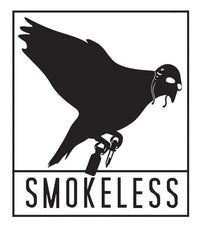
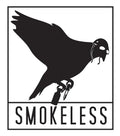
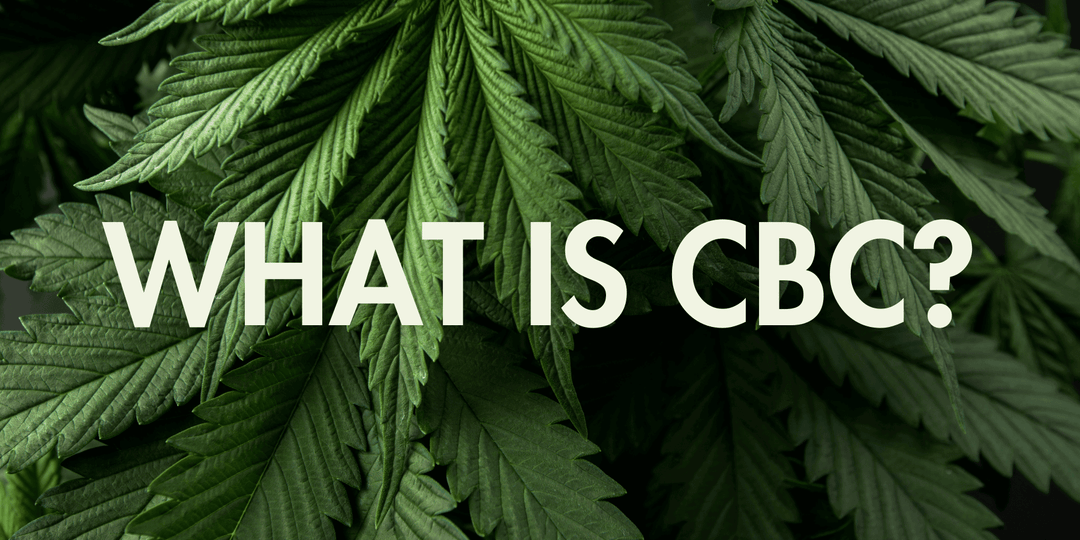
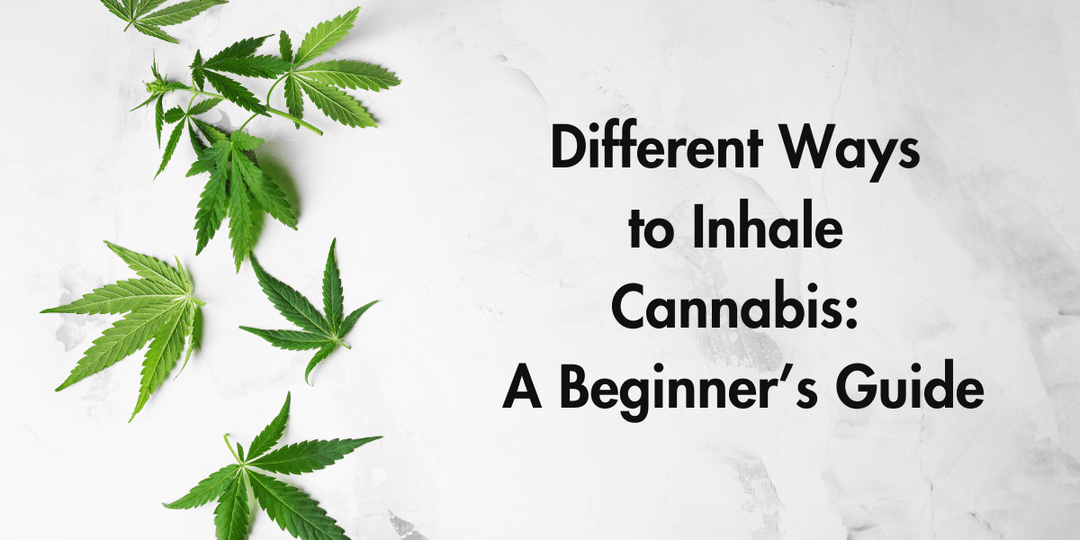
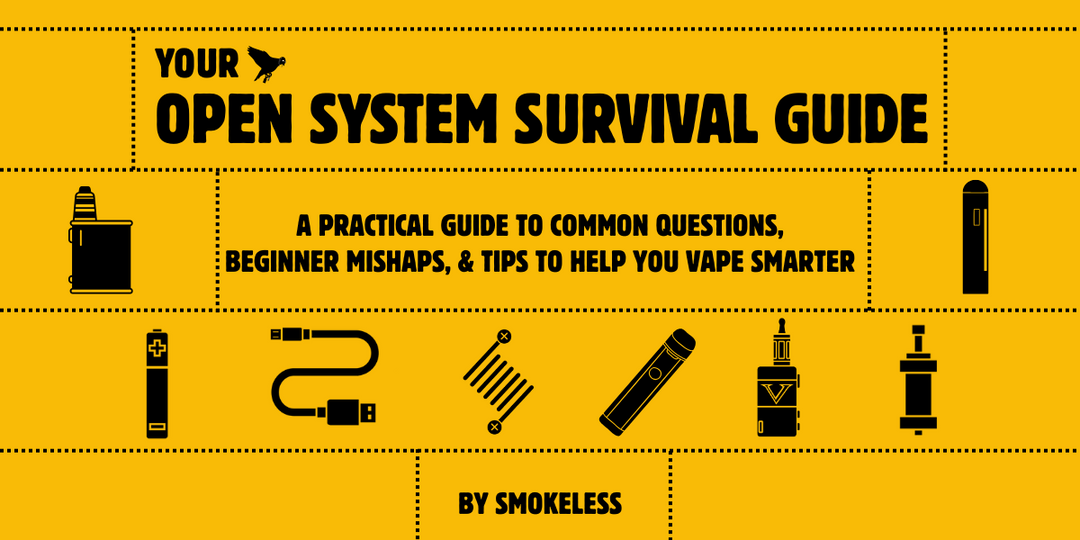
Leave a comment